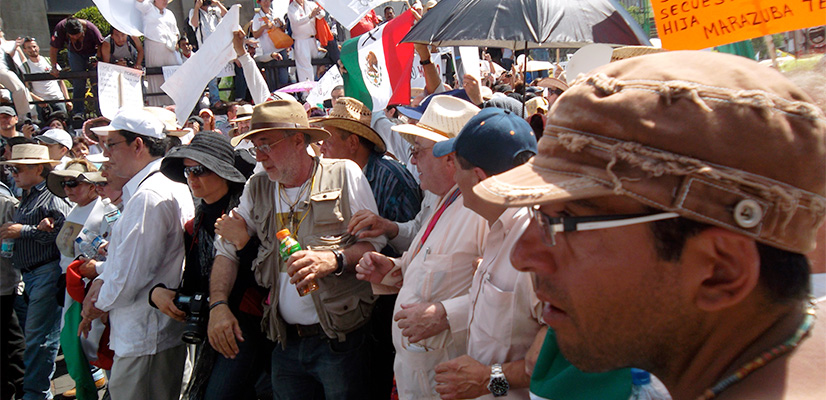
For years drug policy activists have been saying that drug use is not a criminal justice issue for the reason that the criminal justice challenges are merely the result of prohibitionist drug policies. Focusing on the criminal element as a society, they say, is ineffective, and distracts from the more important core issues.
The rallying call has often been that, instead, drug use should be treated as a public health issue. However, many of the public health issues associated with addiction — including the spread of infectious diseases like HIV and Hepatitis C, overdose deaths, etc. — are also clearly “unintended consequences” of prohibitionist policies.
The public health model of drug policy reform supports and is supported by the disease model of addiction, or it’s more recent offshoot, the neurological disease model. However, while these models and the public health approach encourage a more compassionate response to drug use in some ways, they do not address the deeper issues such as the social dislocation that has been historically shown to lead to trends of addictive behavior in larger populations.
The experience of social dislocation is not a simple matter of geographic migration, but a matter of disconnection from a deeper social fabric that provides a sense of meaning and purpose for individuals within the community, as well as other forms of livelihood and emotional support. Dr. Bruce Alexander, author of The Globalization of Addiction and one of the lead investigators on the famous Rat Park experiments, says that social dislocation is a primary factor that drives harmful addictive behavior, a fact supported by both animals models and a historical analysis of human experiences
At it’s root, drug use is not a criminal justice issue, nor is it a public health issue. At it’s root, drug use is a social justice issue, and one that has deep roots in the struggles for defining cultural identities in a globalizing world.
It’s easy to see why. The original prohibitionist drug policies were explicitly drawn along racial and cultural lines. Marijuana use was popularized by Mexicans North and South of the US border. Opium use was popular among the west coast Chinese populations that had been brought from Asia to build the North America railway system. These cultural factors played heavily into the public dialogue that supported drug prohibition. Today the same policies and the lack of an effective response continue to disproportionately oppress poor and minority communities, and chronic drug users themselves now make up a population that is marginalized from health services and employment.
Ibogaine’s pharmacological properties are unique in eliminating withdrawal and cravings, opening a unique window of opportunity. But if we see ibogaine as merely a pharmacological solution to a complex that has biological, psychological, social and political dimensions, then we are again ignoring the multiplicity of issues.
The reality is that ibogaine is not simply a “magic bullet” or a “cure.” It’s results have been shown to improve in the presence of continued therapeutic support. People who have access to ibogaine treatment closer to their homes, or at least access to therapists who understand the experience — especially the fact that it does not need to be followed by maintenance medications — has been shown to have a huge impact on long-term outcomes.
For all of these reasons, access to ibogaine is more than a pharmacological issue, and more than a matter of conducting scientific research. The call for ibogaine treatment is intricately woven with efforts to redefine drug policy and our understand of addiction, and to mitigate the harms of prohibitionist policies.
Not only does the prohibition of ibogaine in the United States and some European countries inhibit effective research, it inhibits access to an effective medicine for a growing number of people who are looking for access to the treatment in order to regain a sense of internal liberty.
It’s time to end drug prohibition, including the prohibition of therapeutic tools like ibogaine. People should have the right to choose these means and have access to appropriate and responsible care.
Join the discussion this March, 2016! www.ibogaineconference.org
Image of 2011 Mexico drug war protests used courtesy of a creative commons license.
